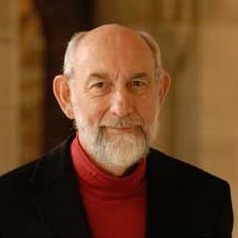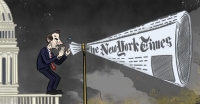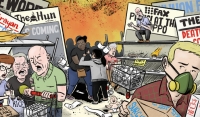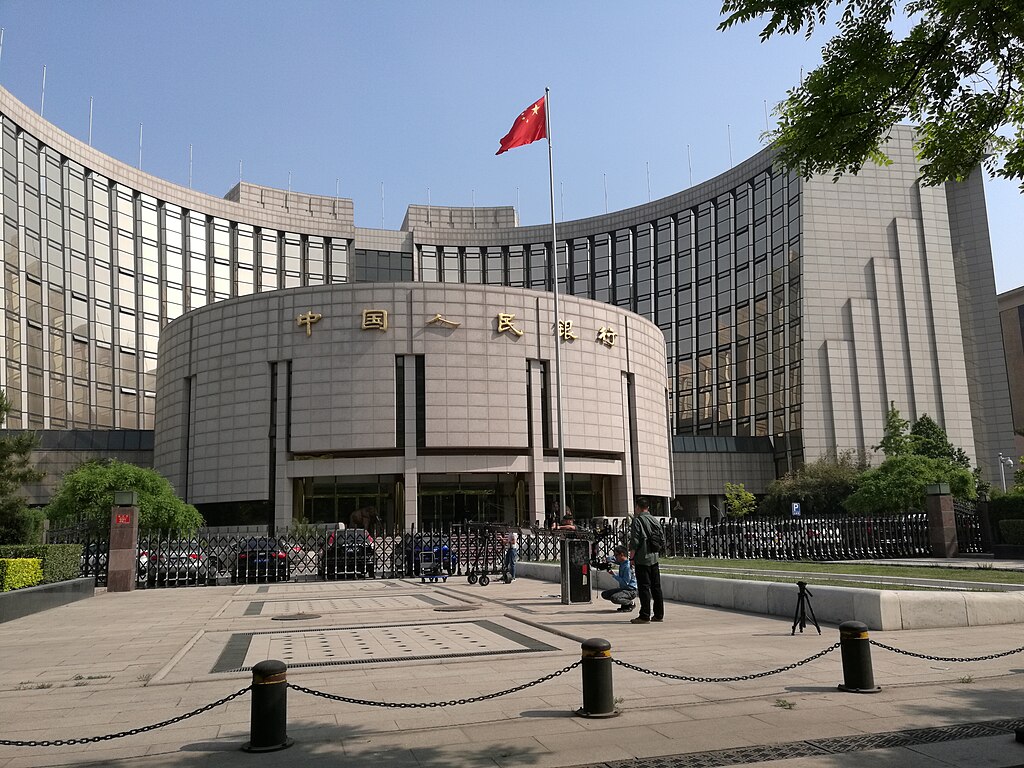
Denis Muller
Senior Research Fellow in the Centre for Advancing Journalism, University of Melbourne
Denis Muller was born in New Zealand in 1948 and emigrated to Australia in 1969. He was educated at Rosmini College, Auckland, and at the University of Melbourne.
After three years on suburban newspapers in Auckland, he joined The Sydney Morning Herald as a sub-editor in 1969. In 1978 he joined The Times, London, also as a sub-editor, before returning to take up the position of Chief Sub-editor of the Herald in 1980.
He subsequently held the positions of Night Editor, News Editor and Assistant Editor (Investigations) at that newspaper, until joining The Age, Melbourne, as Associate Editor in 1986.
At both newspapers, his responsibilities including representing the papers as an advocate before the Australian Press Council.
From 1984 until he left newspapers in 1993, he worked closely with Irving Saulwick, one of Australia's leading public opinion pollsters, in the management and writing of the Saulwick Poll which was published in The Age as AgePoll and in the Herald as HeraldSurvey.
In 1990 he was accepted as a mature-age student into the Public Policy program at the University of Melbourne. He completed a Postgraduate Diploma in 1992 and a Master's degree in 1994.
In 1993 he left The Age to take up a position as Group Manager, Communications, at the Board of Studies, Victoria.
In 1995 he established the research consultancy Denis Muller & Associates, and was appointed a Senior Research Fellow in the Centre for Public Policy at the University of Melbourne.
In 2006 he completed a doctoral thesis on media ethics and accountability, and was appointed a Visiting Fellow at the Centre for Public Policy, where he has taught in the Public Policy program since 1997.
He has also taught research methodology at RMIT University, and teaches defamation law to practising journalists through the Communication Law Centre.
Alarmist reporting on COVID-19 will only heighten people's anxieties and drive vaccine hesitancy
May 23, 2021 03:32 am UTC| Health
From an ethics perspective, it has been a bad couple of weeks for media coverage of COVID-19. First, there was a highly questionable story in The Australian about China allegedly weaponising coronavirus, with the...
Tensions rise on coronavirus handling as the media take control of the accountability narrative
Aug 14, 2020 15:51 pm UTC| Insights & Views
Media coverage of disasters follows a broadly similar trajectory, even though the disasters themselves might take very different forms. The COVID-19 crisis in Victoria is no exception. Although it is unfolding over a...

In publishing Tom Cotton, the New York Times has made a terrible error of judgment
Jun 05, 2020 10:50 am UTC| Insights & Views
When a newspaper with the authority of The New York Times chooses to publish a party-political essay calculated to further inflame the violence wracking cities across America, serious questions arise. On June 3 the...

Mar 12, 2020 15:50 pm UTC| Insights & Views
From an ethical perspective, covering the coronavirus story is really hard to do well. The reason for this lies in an inherent conflict between two ethical obligations: the obligation to truth-telling and the obligation...
Media 'impartiality' on climate change is ethically misguided and downright dangerous
Feb 03, 2020 12:31 pm UTC| Insights & Views
In September 2019, the editor of The Conversation, Misha Ketchell, declared The Conversations editorial team in Australia was henceforth taking what he called a zero-tolerance approach to climate change deniers and...
Dutton directive gives journalists more breathing space, but not whistleblowers
Aug 12, 2019 06:08 am UTC| Insights & Views Law
In light of the ministerial direction issued to the Australian Federal Police by the Home Affairs Minister Peter Dutton on August 9, it would be a spectacular contradiction in policy if the Australian Federal Polices...
Media watchdog's report into Christchurch shootings goes soft on showing violent footage
Jul 28, 2019 11:07 am UTC| Insights & Views
Coverage of the Christchurch terrorism by Australias television channels raised serious questions about whether they had breached the television codes of practice, according to the broadcasting regulator, the Australian...
- Market Data



































